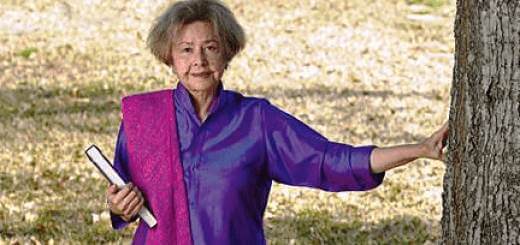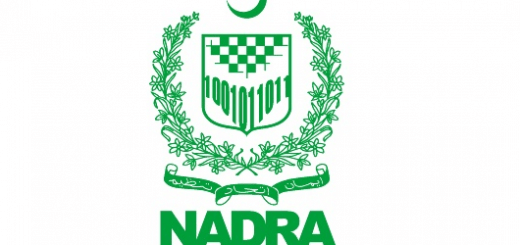Bapsi Sidhwa: Reviewed through The Ravi
Bapsi Sidhwa: Reviewed through The Ravi
The 2001 issue of the Ravi published the world renowned Pakistani writer Bapsi Sidhwa’s interview. The interview proved helpful not only for local readers hut also for some international students who are taking courses in Postcolonial Literatures of the Subcontinent. One of the Indiana University of Pennsylvania (IUP). Indiana, Pennsylvania, USA alumni on Government College University (GCU) Campus introduced us to Dr. Susan Comfort, who is teaching these courses in postcolonial literature. Dr Comfort works as an Associate Professor in English Department of IUP and is internationally published for the topic. Dr. Comfort has forwarded feedback from two of her doctoral students. We are going to print these emailed perspectives in order. We also thank the contributors a lot for their interest in Ravi 2003.
Dr. Susan Comfort addresses the correspondent and says: “…! I have just forwarded to you two student responses to the Bapsi Sidhwa interview, which you kindly sent to our class. Again thank you so much for thinking of us. I am truly grateful, and I wish we could have given you more formal response. I hope you’ll keep us in mind for next time.”
Heejung Cha from South Korea, doctoral candidate @ IUP comments:
“I really enjoy reading Bapsi Sidhwa’s Cracking India. What most interests me is that it reminds me of my country, Korea, where cracking still operates after Japanese imperialism and now under American imperialism, I think. Sidhwa’s novel shows that fear, anger, and violence exist around, and such a triple presence never fails to destroy people, especially women. The novel inspires me to look at Korean women like Ayah and Muslim or Hindu women who suffered and died behind a bloody history. As a woman, 1 appreciate her writing about women behind history. However, one thing I don’t understand is that in the interview Sidhwa says: “unless man’s nature changes, which I doubt it will ever change unless we alter DNA.” If humiliating women is man’s nature and is unalterable, does it mean there is no way out!”
Youngsook Jeong from South Korea, doctoral candidate @ IUP says: “A Little Thought on ‘A Morning with Bapsi Sidhwa:
”The interview with Bapsi Sidhwa is very interesting and valuable. I enjoyed her humour and wit. I am also very impressed by her insight on history and women. As she mentions in her interview, she is the only author who wrote about women in violent history. She is a great writer speaking the unspoken history. Although I esteem Sidhwa as a greatly perceptive and enlightening writer, I would like to point out one of her comments 1 felt like troubled me. She says: “Women in Pakistan are not in control of their destinies and they are hopeless. In America, they can exercise free will.” I understand that she makes a certain point, but I feel that the statement is generalizing and neglects the real important issue. As she explains further about the problem of marriage in The Bride, women’s freedom is not only about “free will,” but it involves other factors like the economic structure of society as well as culture. Women in America may have “free will” to choose their marriage partner or do anything with their lives, but their choice will be based on their economic and social condition. Some American women are also in destitute conditions and they do not have much control over their lives despite having “free will.” What I want to emphasize here is that the main cause of women’s misery is not women’s possession of free will but the economic and social situation they live on. Only giving “free will” to women in Pakistan like their counterparts in America will not improve their condition unless they become economically independent.”














